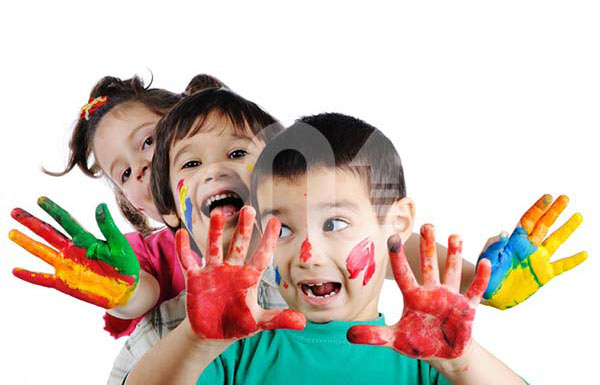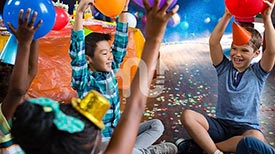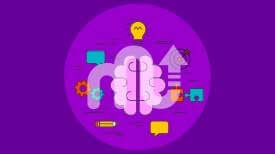HYPERACTIVITY DISORDER AND ITS TREATMENT IN CHILDREN
WHAT IS HYPERACTIVITY DISORDER?
It is an impulsive disorder that occurs in children in the form of unplanned and excessive mobility. Hyperactive children do not intentionally exhibit disturbing behaviour. Hyperactivity disorder results from the difficulty in controlling impulses.
Children with hyperactivity disorder may experience various problems with their behaviour in their private and social lives. They may be the target of continuous criticism and may fall behind their peers with possible attention disorder problems. Children who are left behind from their peers may suffer from self-confidence issues and feel inadequate. Precautions should be taken to prevent such problems.
HOW TO SUPPORT CHILDREN WITH ATTENTION DEFICIT HYPERACTIVITY DISORDER
Training and Development Recommendations
- You can make plans on behalf of your child to support them. You can set times for study, play and activities to motivate them to follow the rules. If you do not undertake any planning, it is not a realistic expectation that your child can do it on their own. You need to remember that they will behave differently to other children.
- You can help your child improve attention skills with attention exercises and improving thinking and learning skills with interactive brain exercises. We recommend the MentalUP app, which has been approved by the Mental Health Association and holds a pedagogical product certificate.
- Talk to your child’s teacher and remind them that your child may be very easily distracted because they are hyperactive. In the classroom, encourage your child to sit in the front row and away from the window.
- You can organise activities that allow your child to channel their excess energy in a healthy way. For example, exercise and sports like gymnastics games that MentalUP provides accelerate the blood flow, allowing more oxygen to be transported to the brain. This is an activity that supports brain development and is good for managing ADHD in children.
- Reward your child for their efforts. Focus on the effort and not the results. In fact, this suggestion is not only for parents of hyperactive children but for all parents. However, if you are the parent of a hyperactive child, you should consider this issue very carefully.
MentalUP features 150+ brain games and 240+ fitness games for kids in one app! These exercises are beneficial against hyperactivity and also offer so much fun! 🧠💪
Boost your kid's attention, memory, and other mental skills with brain games. Afterward, don't forget to do your daily workout! It's easy to support your kids with these hyperactive children-friendly exercises of MentalUP! 🙌
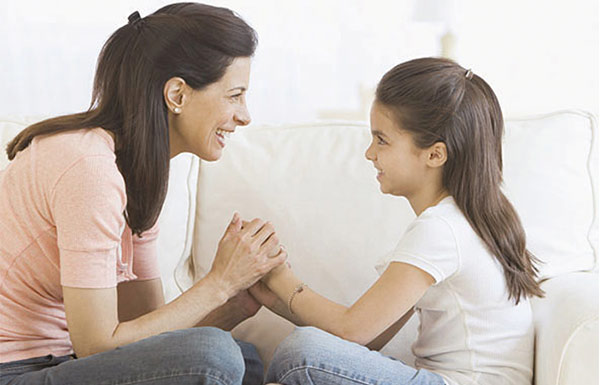
Now, let’s have a look at the symptoms and treatment of hyperactivity.
WHAT ARE HYPERACTIVITY DISORDER SYMPTOMS?
The following symptoms of hyperactivity can help you understand and communicate with a child psychiatrist for a proper diagnosis.
- Lack Of Attention: Attention deficit and hyperactivity disorder are often seen together so that you may observe both in your child.
- Quickly Bored: Hyperactive children often become bored very fast. They can instantly switch from one task to another.
- Inability to Stay Still: The inability to sit still and wait is considered one of the symptoms of hyperactivity.
- Non-compliance: Hyperactive children experience difficulty in following the rules.
- Interrupting: Continuous interruptions is common.
- Impulsive: Impulsiveness is the strongest symptom of a hyperactive child. This means your child will immediately take action whenever a thought crosses their mind, without thinking about the consequences.
- Disturbance: One of the behaviours that are frequently observed in children with hyperactivity disorder is the disturbance of others around them.
- Aggression: Aggressive attitudes can be seen.
HYPERACTIVITY TREATMENT
Clinical diagnosis is essential for treatment. How the child behaves in a range of different situations should also be considered in order to make a hyperactive diagnosis. For this reason, the observations of adults (including parents, teachers, and nannies) who contribute to the education of the child is important. Mental health professionals for children will use a variety of tests to evaluate and understand the full picture.
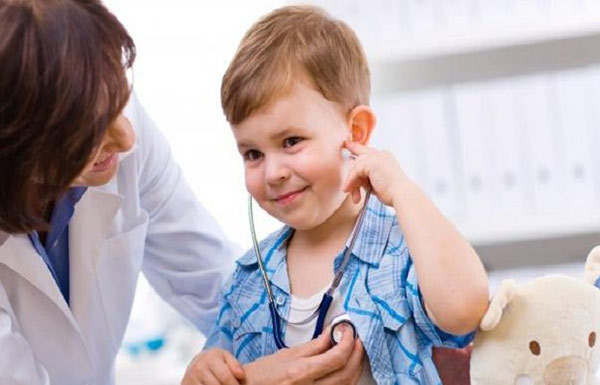
Neurological tests and neuropsychiatric tests: Hyperactivity tests, ADHD tests, various scales and observations will determine both the cause and the full spectrum of the disorder. Afterwards, the most appropriate treatment process is initiated.
Drugs can be prescribed in the treatment of hyperactivity. Hyperactivity drugs usually contain methylphenidate. If you are concerned about the side effects of methylphenidate, we recommend you consult a specialist. Remember, the damage that hyperactivity can cause to a child's development may be more severe than the side effects of drugs.
In some cases, drug-free treatment is applied. This includes psychotherapy and behavioural therapy, which aims to encourage the right behavioural habits in your child. Particularly for hyperactive children, when their excessive energy is directed into the right activities, negative attitudes like aggression are eliminated and they begin to think before they act. Of course, this process is not simple enough to describe it in just a single paragraph. The process must be managed by an expert.
HYPERACTIVITY TYPES
The type of hyperactivity is examined before determining drug therapy and non-drug therapy treatment. There are three types of hyperactivity:
- Combined Presentation: This is considered to be the most common type. It is a type of ADHD in which attention problems and hyperactivity occur together.
- Predominantly Hyperactive: The child is overly active and will move around constantly. Attention problems, such as becoming easily distracted or inattention, are seen less often.
- Predominantly Inattentive: Hyperactivity or impulsivity is observed less. Instead, the child will become easily distracted and experience difficulty in paying attention.
Don’t forget to look at our common questions about ADHD blog page to learn more and feel free to share this article across your social media accounts so that more mothers, fathers, and anyone with educational roles can be informed.


